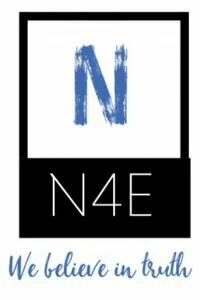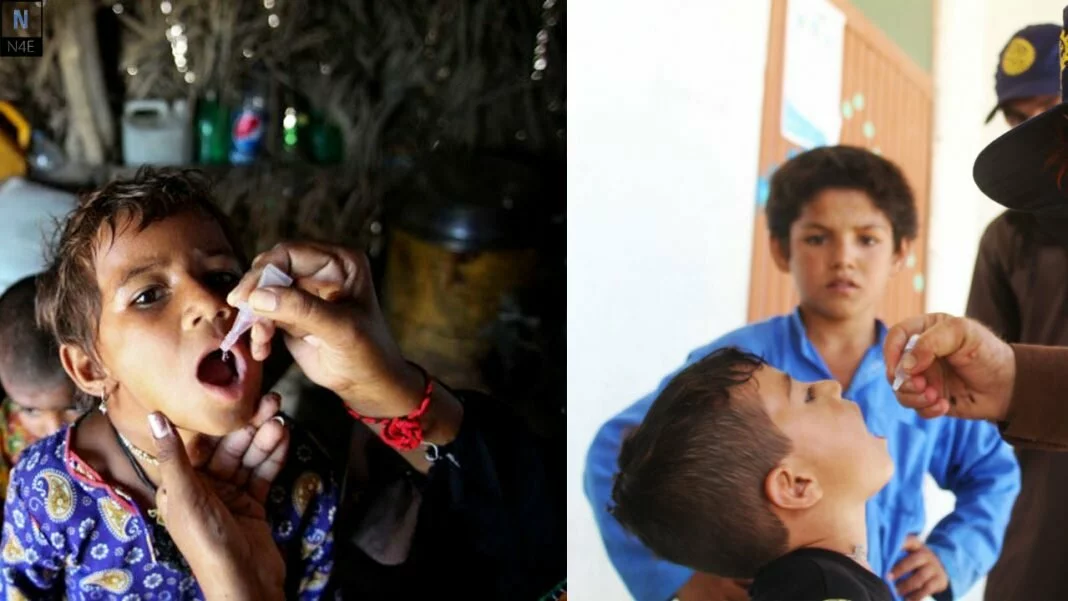As the Afghans migrate because of the intensified battle of their nation, inhabitants motion has once more raised concern of the unfold of the wild poliovirus. Due to the efforts of the Global Polio Eradication Initiative (GPEI), incidences of polio have plummeted by greater than 99.9 per cent globally, and solely Pakistan and Afghanistan stay endemic in 2021.
Therefore, because the returnees from Afghanistan land in India, Union well being minister Mansukh Mandaviya on Sunday had introduced that the federal government would vaccinate them towards polio as a safety measure.
Countries like India and Nigeria have received a hard-fought battle towards the wild poliovirus, and as we battle to struggle the COVID-19 pandemic, it isn’t solely vital to carry on to the success that we now have achieved when it comes to polio eradication, but in addition to include classes realized from the polio immunization program prior to now many years to our COVID vaccination drive. The first step to reaching these two goals is to deal with widespread vaccine hesitancy.
Engaging Local and Religious Leaders
Dr Tunji Funsho, a member of Nigeria’s Presidential Task Force on Polio, who was named considered one of TIME’s 100 Most Influential People on the earth for his work eradicating wild polio in Africa in 2020, mentioned in an interview with News18.com, “There is coronavirus vaccine hesitancy and refusal in Nigeria and across Africa, just as there was for the oral polio vaccine (OPV), many years ago. As was (and still is) the case, leveraging the “right” voice by way of the “right” platform to speak credible vaccine information-and debunk myths when crucial—stays one of many main methods to deal with these points in Africa and different international locations.”
Pointing out that communication is the important thing, he mentioned that when wild polio was endemic in Nigeria, native and spiritual leaders helped construct neighborhood belief within the OPV. In international locations like Nigeria, and India such leaders have enormous sway over the overall inhabitants. Therefore, they need to be given correct training and details about COVID-19 in order that they’ll begin a dialogue on the neighborhood degree and dispel vaccine hesitancy.
Incentivizing Families To Get Vaccinated
Funsho identified that to encourage mother and father to offer their youngsters polio vaccines, frontline well being employees provided households with meals and different home items as they delivered immunizations to youngsters. This drove parental demand for polio immunizations. Similar methods will be utilized to popularize COVID vaccines, and households will be incentivized to take the vaccine.
Pro-Vaccine Messaging Crucial
For polio eradication, Nigerian stakeholders additionally developed and shared pro-vaccination messaging by radio adverts, city crier bulletins and celeb billboards and are ready to assist individuals register for vaccination appointments. Similarly, within the case of COVID-19, you will need to attain the agricultural inhabitants with the right data by an appropriate medium and make the vaccination course of much less cumbersome in order that they’re extra inclined to get vaccinated.
Educating Communities
Funsho additional acknowledged, “Continuing to educate stakeholders (parents, community, and religious leaders, etc.) about the life-saving importance of routine immunization as well as coronavirus immunization remains critical to driving awareness and adoption of vaccines.”
Leveraging Polio Infrastructure
Deepak Kapur, the chair of Rotary’s India National PolioPlus Committee and vice-chair of Rotary’s COVID-19 Task Force in India advised News18.com that because of many years of efficient polio immunization India already has a well-structured infrastructure for immunization in place, particularly in rural areas.
“Among many assets and pieces of infrastructure, we are leveraging the information, education, and communication framework from India’s fight against polio, which dictates that information must be consistent, simple, and delivered on a continual basis in multiple languages, to educate citizens on ways to prevent COVID-19,” mentioned Kapur.
He additional added that simply as private and non-private establishments and civil society got here collectively to deal with polio in Africa, we should now proceed to return collectively to overcome yet one more vaccine-preventable illness.
Bridging the Knowledge and belief hole
Deepak Kapur identified that Vaccine hesitancy has been a hurdle for many years, even because the underlying issues might have shifted through the years. A overwhelming majority of Indians who select to not vaccinate accomplish that due to issues round the potential for an opposed occasion following immunization (AEFI), spiritual beliefs or a lack of know-how of how vaccines work.
“Governments, the scientific community, medical practitioners, civil society organizations and community leaders have a critical role to play in bridging this knowledge and trust gap and setting a mindset shift in motion. This bridge is essential in the fight against vaccine hesitancy because the first step to build vaccine confidence and improve vaccine uptake is to address any underlying fears. For decades, communication of reliable, accessible information about vaccines – backed by scientific data – has been central to addressing fear and combating misinformation,” added Kapur.


















